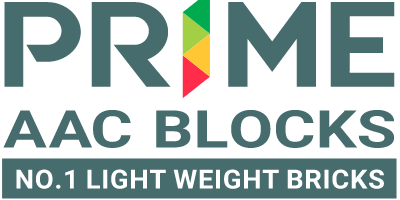
Exploring the Durability of AAC Blocks Across Various Climates
Introduction:
When it comes to building materials, durability is a crucial factor, especially in regions with diverse climates. Examining the resilience of AAC blocks across diverse climates reveals their adaptability and longevity under varying environmental conditions. AAC (Autoclaved Aerated Concrete) blocks have gained popularity in construction due to their lightweight nature, thermal insulation properties, and environmental sustainability. However, how do these blocks fare in various climates? Let’s delve into their durability across different environmental conditions.
Hot and Dry Climates:
In hot and arid regions, AAC blocks demonstrate exceptional durability. Their low thermal conductivity helps keep interiors cool, reducing the strain on HVAC systems. Moreover, AAC’s resistance to heat and fire makes it a preferred choice in areas prone to wildfires or high temperatures.
Humid Climates:
Humidity can pose challenges to building materials, leading to issues like mold, mildew, and degradation. AAC blocks, with their moisture-resistant properties, perform well in humid climates. AAC blocks across various climates inhibit the growth of mold and fungus, ensuring structural integrity over time.
Cold Climates:
AAC blocks exhibit excellent thermal insulation, making them suitable for cold climates. They help maintain consistent indoor temperatures, reducing energy consumption for heating. Additionally, AAC’s freeze-thaw resistance prevents cracking or spalling caused by fluctuating temperatures, ensuring long-term durability.
Coastal Climates:
Coastal areas are exposed to salt spray and corrosive elements, which can compromise traditional building materials. AAC blocks, however, are highly resistant to saltwater and chemical erosion, making them ideal for coastal construction. Their durability ensures minimal maintenance and prolonged structural integrity in these environments.
Tropical Climates:
In tropical regions characterized by heavy rainfall and high temperatures, AAC blocks offer reliable durability. Their non-combustible nature provides added safety in areas prone to lightning strikes or wildfires. Additionally, AAC’s ability to regulate indoor humidity levels creates a comfortable living environment year-round.
conclusion:
AAC blocks showcase remarkable durability across various climates, making them a versatile choice for construction projects worldwide. Their ability to withstand extreme temperatures, moisture, and corrosive elements ensures long-lasting structural integrity and minimal maintenance requirements. Whether in hot deserts, humid rainforests, or freezing tundras, AAC blocks across various climates continue to prove their resilience, making them a sustainable and reliable option for builders and homeowners alike.
